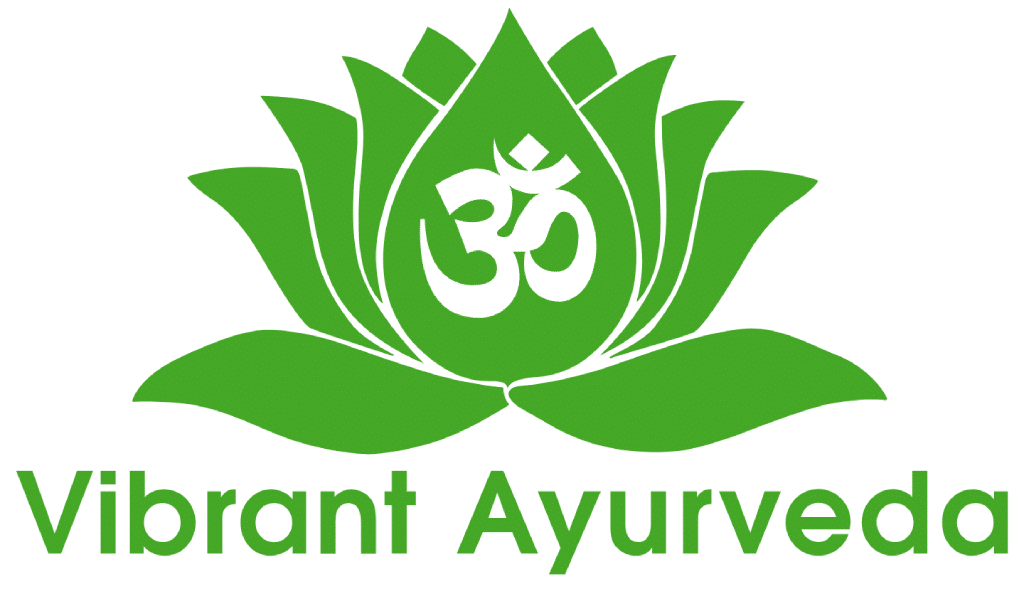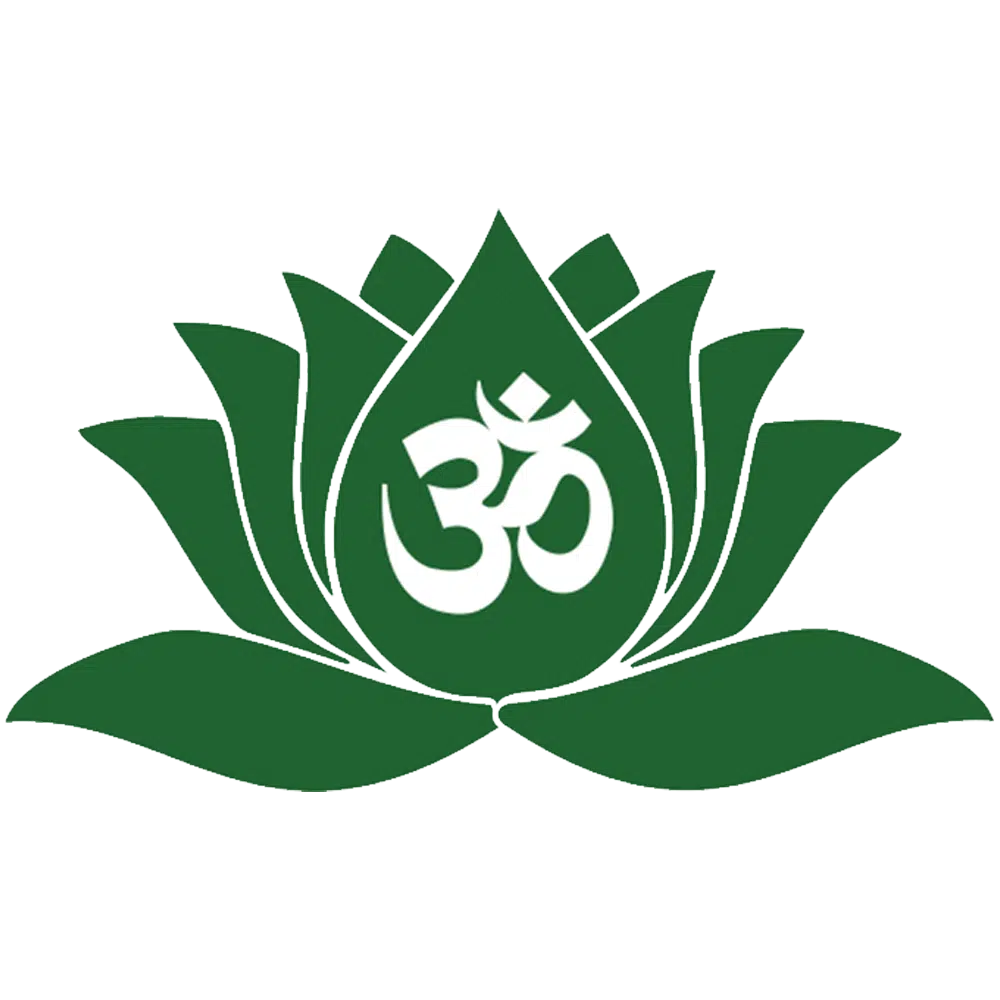Blood is a bodily fluid in humans and animals that delivers oxygen and nutrients to the body’s cells and transports metabolic waste products away from the cells.
Blood is the fluid of life, as its role is fundamental to the the basic process of life.
Ayurvedic view on blood
Blood is known as rakta dhatu in ayurvedic medicine. Interestingly, Ayurveda views blood and plasma as two different tissues.
Rakta Dhatu is influenced by the pitta dosha. If pitta is in good condition, then the quality of the blood tissue will also be good.
The liver and spleen are the principle organs that produce rakta dhatu. The main function of rakta dhatu is to support the body and maintain life.
Qualities of pure blood
- Glowing skin and attractive complexion
- Sense organs work well
- Optimal digestive power
- Healthy and happy outlook on life
- Body tissues receive good nourishment
- Energetic and active
Blood disorders
- Visarpa – herpes
- Vidradhi – abscess
- Kushta – skin disorders like acne, pimples, psoriasis, etc
- Vata rakta – gout
- Rakta pitta – hemorrhagic disorders
- Gulma – tumours
- Kamala – jaundice
- Vyanga – pigmentation of skin
- Agni nasha – indigestion
- Sammoha – syncope
- Raktatwaknetra mootrata – redness of eyes, skin and urine
Signs of poor blood condition
- Feeling cold
- Reduced volume of urine and sweat
- Skin loses its lustre; becomes pale, dry, rough, and cracked
- Coldness causes the body to hold on to heat, leading to constipation
- Craving for hot, spicy, sour, citrus, and iron-rich foods
- Collapsing veins
- Becoming mentally dull, having difficulty processing and understanding new information, confusion and misunderstanding.
Causes of blood imbalance
Foods
- Deficiency of iron or vitamin B12
- Excess sugar or salt
- Consuming heating oils and fried foods
- Toxins such as alcohol, nicotine, drugs & chemicals, pesticides, artificial colors, and preservatives.
- Unhealthy food combinations
- Eating sour and fermented foods
- Eating excess cheese, curds and pickles
Body
- Excessive exposure to the sun
- Exposure to radiation
- Liver & spleen disorders
- Working in a hot environment
- Excessive or insufficient physical exercise
Mind
- Repressed aggression or anger
- Envy and hate
Ayurvedic management of blood disorders Purgation therapy (virechana)
Medicated purgation therapy cleanses pitta and purifies blood toxins that have accumulated in the liver and gallbladder. It completely cleanses the gastrointestinal tract.
Therapeutic fasting (langhana)
Fasting brings about lightness of the body. It rests the digestive system and provides the body with an opportunity to detoxify itself.
Bloodletting therapy (raktamokshana)
Bloodletting therapy contributes to organ detoxification, immunity boosting and enhanced blood circulation. It supports the elimination of toxins from the body.
Traditionally bloodletting was done with the use of leeches, however in modern times, regular blood donation can achieve the same results.
Ayurvedic herbs for blood cleansing
Single herbs possessing bitter, astringent and pungent tastes (tikta-kashaya-katu rasa) are beneficial for purifying the blood. Such herbs possess qualities of lightness, minuteness, and liquidity. They are usually neither too cold nor too hot. Some of the potent herbs in this category are:
- Neem (Azadiracta indica)
- Manjistha (Rubia Cordifolia)
- Saffron (Crocus Sativus)
- Turmeric (Curcuma Longa)
- Guduchi (Tinospora Cordifolia)
- Amla (Emblica Officinalis)
Blood and Emotion
Blood carries emotion and memories. Blood heats up with anger and cools down with depression. As blood carries hormones and genetic codes, it passes to the next generation. So-called blood relationships also mean emotional connections.
Lifestyle to balance rakta dhatu
- Eat neutral-tasting foods and reduce spicy foods.
- Drink plenty of water, and eat more fruits and vegetables.
- Don’t skip meals and maintain regular timings for eating.
- Drink 1/4 cup of fresh aloe vera juice daily.
- Avoid daytime sleep and go to bed before 10 pm.
- Reduce anger.
- Relax and meditate regularly.
Importance of blood circulation
Proper blood circulation is essential for the efficient transportation of nutrients and energy to all parts of the body. Blood circulation disorders can cause many health problems including, in extreme cases, organ failure.
Some tips for good circulation
- Keep moving your body every day. Exercise regularly and keep looking for opportunities to do physical activity of any sort.
- Manage stress. Pause. Take deep and relaxing breaths. Find healthy relaxation activities that work for you. Receive regular massages.
- Align your spine. Stand tall. Shape your spine for proper blood flow.
- Eat a balanced diet and find natural sources of vitamins K, C, and E.
- Eat oranges, sunflower seeds, garlic, ginger and turmeric.
Note– This article is composed for general education about the ayurvedic concept of blood. Ayurvedic recommendations and advice about how to manage blood disorders is a personal matter. An initial consultation with an ayurvedic expert is important before embarking on any treatment. Book an appointment at either of our centres in Brisbane or the Gold Coast where one of our ayurvedic doctors can tailor a program just for you.


